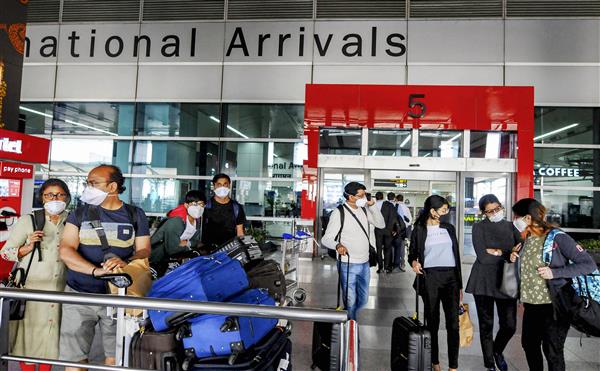On October 8, detailed guidelines have been issued by DGCA, the statutory body of Aviation and airlines formed under Aircraft Bill 2020. The guidelines are regarding a refund of the ticket price for the flights canceled amid the coronavirus-triggered lockdown.
These guidelines have been issued after the six days of Supreme Court decision, as it directed that a complete amount of refund should be given immediately to passengers for the air tickets canceled between March 25 and May 24. As in this period, no domestic passenger flights operated in the country.
On the first of October, the Apex court had also given directions about the process of refund and credit shell formation for the bookings and cancellations done during the other time periods around the lockdown.
To follow the court’s guideline, passengers have been categorized into three categories by the DGCA. One category was formed of those who booked tickets between March 25 and May 24 for traveling within the same period, another formed of those who booked tickets before March 25 but the travel period was till May 24, and the last was formed of those who booked tickets anytime but for a journey post-May 24.
A full refund will be given by the airlines concerned for the tickets canceled to the passengers who belong to the first category, as stated by the regulator.
Directorate General of Civil Aviation (DGCA) has also stated that to the passengers who belong to the second category, the airlines should “make all endeavors” to refund their money within 15 days.
The DGCA further noted that if on account of financial stress, any airline/airlines are not able to do so, they shall provide a credit shell equal to the amount of fare collected (to the passenger). It added that the passengers can then use the credit shells to book any ticket by March 31, 2021.
The passengers, who belong to the third category, will be given a refund following the existing DGCA rules.
Owing to the coronavirus pandemic, the Indian aviation industry has been hit hard due to a sharp drop in flights. As a result, all airlines in the country have opted for cost-cutting measures such as layoffs, leave without pay for the employees among others.
In the country, after a gap of two months on May 25, scheduled domestic passenger flight services had resumed. However, currently, airlines are permitted to operate only up to 60 percent of their pre-COVID domestic flights.
Since March 23, scheduled international passenger flights continue to remain suspended in the country. However, under the Vande Bharat mission, special international passenger flights have been operating since May and under the air bubble arrangements formed with various countries since July.





